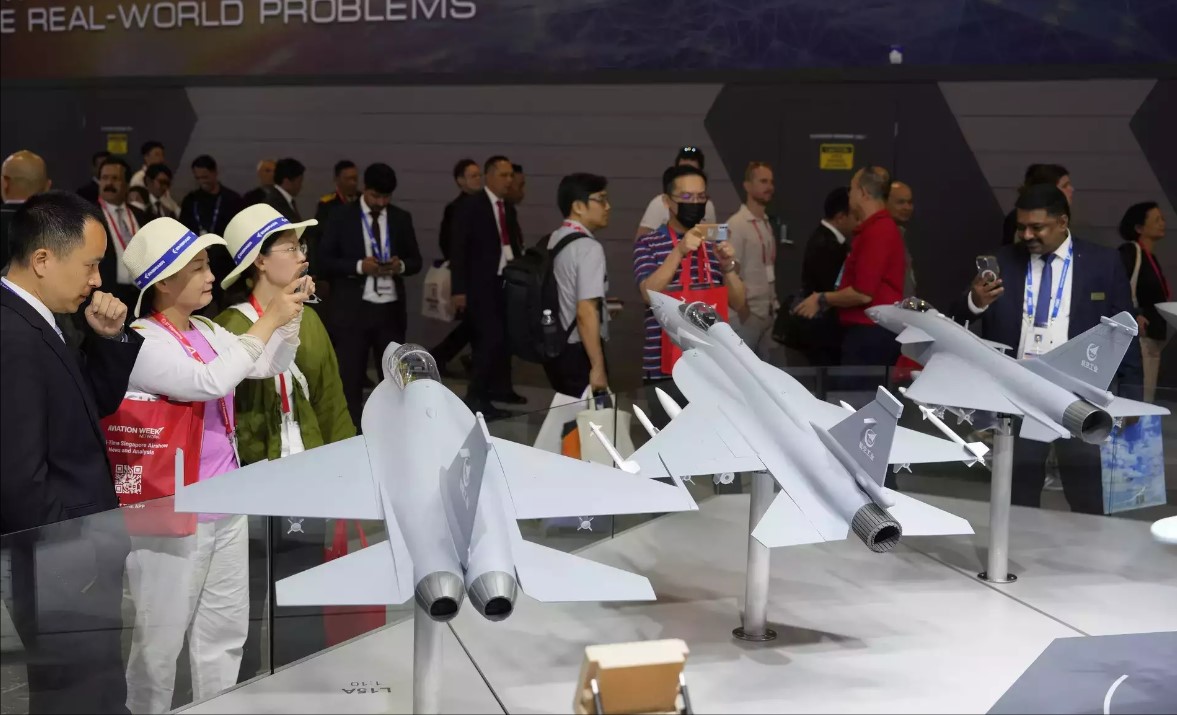Rising Opportunities in Asia's Defense Market as Russia Absent from Singapore Airshow

Defense News ,Russia , Singapore :- In this year's Singapore Airshow, experts and industry insiders notice a significant absence – Russian defense companies. The ongoing challenges with sanctions and the demands of the Ukraine invasion have left a void that could be filled by other competitors in the Asian market.
Historically, defense giants like UAC and Russian Helicopters have been prominent participants in Asia's largest air show. They showcased a diverse range of systems, including sensors, small arms, transport aircraft, missiles, and satellites. However, this year, no Russian companies made the attendee list, signaling an open door for other players in Asia.
Robert Hewson from Sweden's Saab highlighted a shift away from Russian equipment in the region. Some countries may stick with their current suppliers, but the absence of Russian competitors opens opportunities for alternatives. Sangshin Park, from Korea Aerospace Industries, cited the sale of their FA-50 light fighter aircraft to Malaysia for over $1 billion as an example. Notably, Malaysia also operates Russian-made Sukhoi Su-30 aircraft.
Various Southeast Asian countries, including Indonesia, Vietnam, Cambodia, and Laos, use a mix of Russian-made or Soviet Union-vintage equipment alongside Western-made gear. The silence from Russia's largest arms exporters in response to Reuters' requests for comment further emphasizes the potential shift.
Malcolm Davis, a senior analyst at the Australian Strategic Policy Institute, sees opportunities for Western defense companies, particularly South Korea, as a visible exporter in the region. The key lies in addressing the specific needs of customers, with a focus on maritime and naval capabilities, UAS and drone systems, combat aircraft, and helicopters capable of responding to challenges in maritime and archipelagic environments.
Support for purchased systems becomes a crucial factor in arms sales in Asia. A senior executive from a U.S. defense contractor highlighted the significance of after-sales support. This is considered a selling point for Western companies, indicating a competitive advantage.
India's efforts to move away from Russian arms imports, as reported by Reuters last month, align with this trend. As munitions and parts are expended in the ongoing conflict in Ukraine, countries are recognizing the importance of reliable support for their defense systems.
While no major Asian defense deals have been announced at the air show yet, the absence of Russian competitors creates a window of opportunity. The trade portion of the air show concludes on Friday, leaving room for potential developments in the dynamic Asian defense market.


